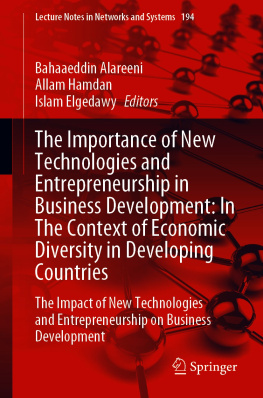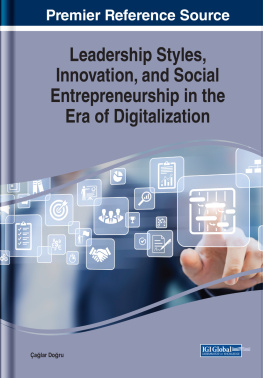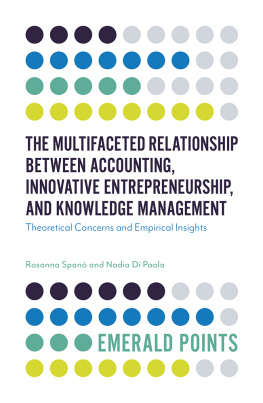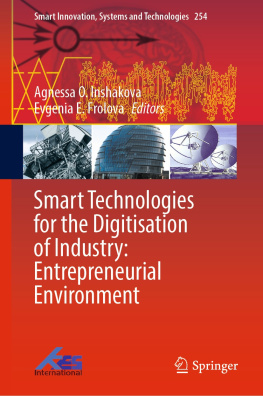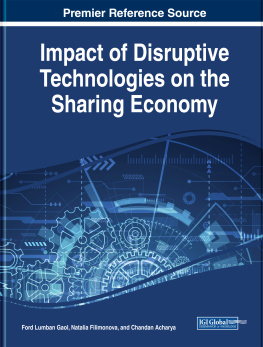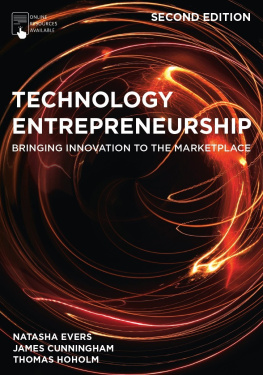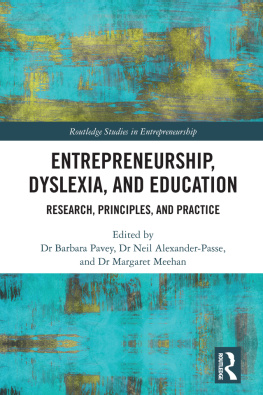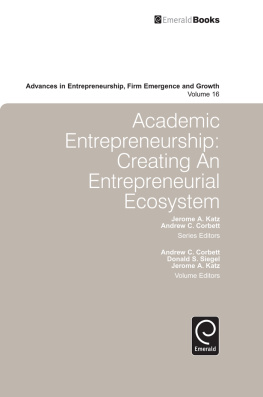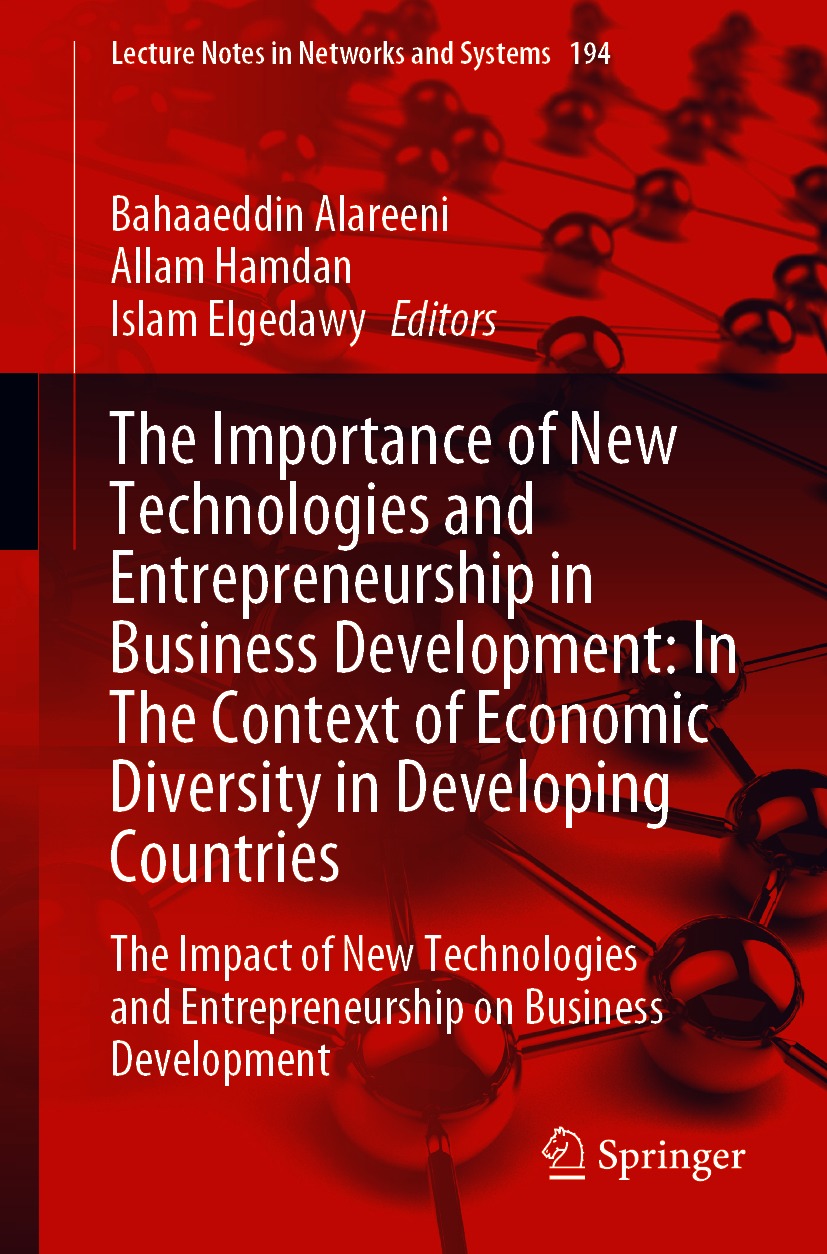Volume 194
Lecture Notes in Networks and Systems
Series Editor
Janusz Kacprzyk
Systems Research Institute, Polish Academy of Sciences, Warsaw, Poland
Advisory Editors
Fernando Gomide
Department of Computer Engineering and AutomationDCA, School of Electrical and Computer EngineeringFEEC, University of CampinasUNICAMP, So Paulo, Brazil
Okyay Kaynak
Department of Electrical and Electronic Engineering, Bogazici University, Istanbul, Turkey
Derong Liu
Department of Electrical and Computer Engineering, University of Illinois at Chicago, Chicago, USA, Institute of Automation, Chinese Academy of Sciences, Beijing, China
Witold Pedrycz
Department of Electrical and Computer Engineering, University of Alberta, Alberta, Canada, Systems Research Institute, Polish Academy of Sciences, Warsaw, Poland
Marios M. Polycarpou
Department of Electrical and Computer Engineering, KIOS Research Center for Intelligent Systems and Networks, University of Cyprus, Nicosia, Cyprus
Imre J. Rudas
buda University, Budapest, Hungary
Jun Wang
Department of Computer Science, City University of Hong Kong, Kowloon, Hong Kong
The series Lecture Notes in Networks and Systems publishes the latest developments in Networks and Systemsquickly, informally and with high quality. Original research reported in proceedings and post-proceedings represents the core of LNNS.
Volumes published in LNNS embrace all aspects and subfields of, as well as new challenges in, Networks and Systems.
The series contains proceedings and edited volumes in systems and networks, spanning the areas of Cyber-Physical Systems, Autonomous Systems, Sensor Networks, Control Systems, Energy Systems, Automotive Systems, Biological Systems, Vehicular Networking and Connected Vehicles, Aerospace Systems, Automation, Manufacturing, Smart Grids, Nonlinear Systems, Power Systems, Robotics, Social Systems, Economic Systems and other. Of particular value to both the contributors and the readership are the short publication timeframe and the world-wide distribution and exposure which enable both a wide and rapid dissemination of research output.
The series covers the theory, applications, and perspectives on the state of the art and future developments relevant to systems and networks, decision making, control, complex processes and related areas, as embedded in the fields of interdisciplinary and applied sciences, engineering, computer science, physics, economics, social, and life sciences, as well as the paradigms and methodologies behind them.
Indexed by SCOPUS, INSPEC, WTI Frankfurt eG, zbMATH, SCImago.
All books published in the series are submitted for consideration in Web of Science.
More information about this series at http://www.springer.com/series/15179
Editors
Bahaaeddin Alareeni , Allam Hamdan and Islam Elgedawy
The Importance of New Technologies and Entrepreneurship in Business Development: In The Context of Economic Diversity in Developing Countries
The Impact of New Technologies and Entrepreneurship on Business Development
1st ed. 2021

Logo of the publisher
Editors
Bahaaeddin Alareeni
Middle East Technical University-Northern Cyprus Campus, Gzelyurt, Turkey
Allam Hamdan
College of Business and Finance, Ahlia University, Manama, Bahrain
Islam Elgedawy
Middle East Technical University-Northern Cyprus Campus, Gzelyurt, Turkey
ISSN 2367-3370 e-ISSN 2367-3389
Lecture Notes in Networks and Systems
ISBN 978-3-030-69220-9 e-ISBN 978-3-030-69221-6
https://doi.org/10.1007/978-3-030-69221-6
The Editor(s) (if applicable) and The Author(s), under exclusive license to Springer Nature Switzerland AG 2021
This work is subject to copyright. All rights are solely and exclusively licensed by the Publisher, whether the whole or part of the material is concerned, specifically the rights of translation, reprinting, reuse of illustrations, recitation, broadcasting, reproduction on microfilms or in any other physical way, and transmission or information storage and retrieval, electronic adaptation, computer software, or by similar or dissimilar methodology now known or hereafter developed.
The use of general descriptive names, registered names, trademarks, service marks, etc. in this publication does not imply, even in the absence of a specific statement, that such names are exempt from the relevant protective laws and regulations and therefore free for general use.
The publisher, the authors and the editors are safe to assume that the advice and information in this book are believed to be true and accurate at the date of publication. Neither the publisher nor the authors or the editors give a warranty, expressed or implied, with respect to the material contained herein or for any errors or omissions that may have been made. The publisher remains neutral with regard to jurisdictional claims in published maps and institutional affiliations.
This Springer imprint is published by the registered company Springer Nature Switzerland AG
The registered company address is: Gewerbestrasse 11, 6330 Cham, Switzerland
Foreword
The present business environment has been tumultuous due to the emerging new challenges resulting from innovative development and disruptive technology. Consumer demands for innovative products and services have urged business fraternity to be responsive and resilience in combating those new requirements.
The Fourth Industrial Revolution is characterized by the combination of physical and digital technologies, such as analytics, artificial intelligence, cognitive computing, machine learnings and the Internet of things (IoT). This would certainly impact the companys' business direction, the future industries, the customers, the employees and the society at large. The advancing technologies are bringing about social changes and economic development. As such, organizations are required to adapt to the new environment and strengthen their strategies despite the risk and uncertainty in the environment. New business integration strategies must be leveraged to ensure companies continue to sustain.
To anticipate the rapid change, education is set forth to be more innovative in offering the future ready curriculum. As such, education organizations and scholars are expected to be malleable and creative in designing new curriculum that embrace new technologies, integrating strong entrepreneurship values, fostering positive values and socio-emotional skills throughout the curriculum in order to produce quality and competent future human capitals that are ready to serve the future industries.
In is a privilege for the Faculty of Entrepreneurship and Business, Universiti Malaysia Kelantan, to co-publish this book in promoting the excellent and cutting-edge research by scholars from around the globe. I trust, this book would benefit many parties and be able to aspire everyone in developing buoyant strategies that gives positive impact and consciousness to sustain in any endeavor.

